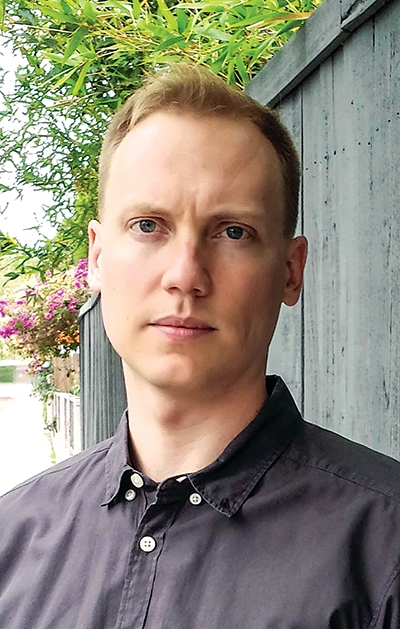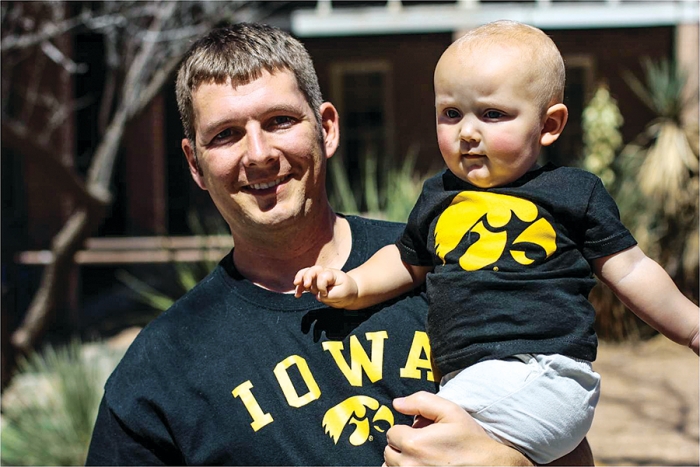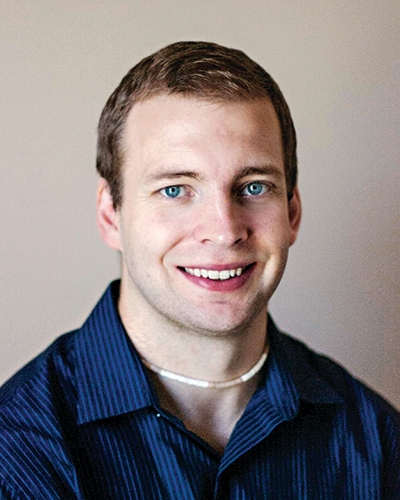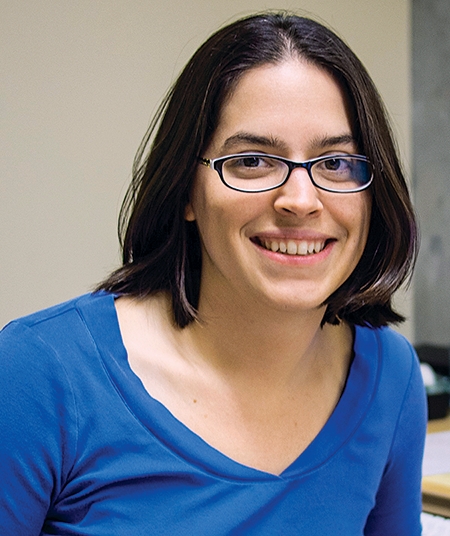Issue Date: September 8, 2014
Words Of Wisdom
When they step into exciting new roles as assistant professors, freshly minted chemistry Ph.D.s and postdocs are often overwhelmed by the numerous responsibilities they must juggle as they begin teaching and starting a research lab.
To help them, C&EN readers gave their best advice for managing tasks such as buying equipment and training students. Here we share a sampling of those offerings, edited for brevity and clarity, to help guide those chemists making their first foray into academia.
“Build a diverse and energetic group of scientists, and invest your time in empowering this group and teaching them how to collaborate.”
—Joaquín Rodríguez-López, assistant professor, University of Illinois, Urbana-Champaign
“Remind yourself that life is more than your job.”
—Harry Bermudez, associate professor, University of Massachusetts, Amherst
“Participate in the American Chemical Society’s Postdoc-to-Faculty Workshop, devour resources such as [the book] ‘At the Helm,’ and deal aggressively with vendors so that you have a fresh pallet of supplies waiting upon your arrival at your new lab. There’s nothing more satisfying than knowing you have a flask and stir bar at the ready to start your first set of experiments!”
—William C. Pomerantz, assistant professor, University of Minnesota, Minneapolis
“Good advice that was given to me: You will always have too much to do. Make sure to dedicate some time to the work activities you enjoy most.”
—Orion B. Berryman, assistant professor, University of Montana
“Don’t hesitate to make big equipment purchases that will help your lab be productive. The price tags may seem daunting, but getting results is what matters most.”
—Justin Mohr, assistant professor, University of Illinois, Chicago
“Try to set up a one- or two-day trip to Washington, D.C., to visit with program officers that will likely be handling your proposals.”
—Kevin Kittilstved, assistant professor, University of Massachusetts, Amherst
More Online box text:
To read the raw and uncut versions of these tips and much more advice, visit http://cenm.ag/wisewords.
- - Starting And Ending An Academic Career
- - New Chemistry Professors Share Their Experiences
- - Retiring From Academia
- - Words Of Wisdom
- Chemical & Engineering News
- ISSN 0009-2347
- Copyright © American Chemical Society




